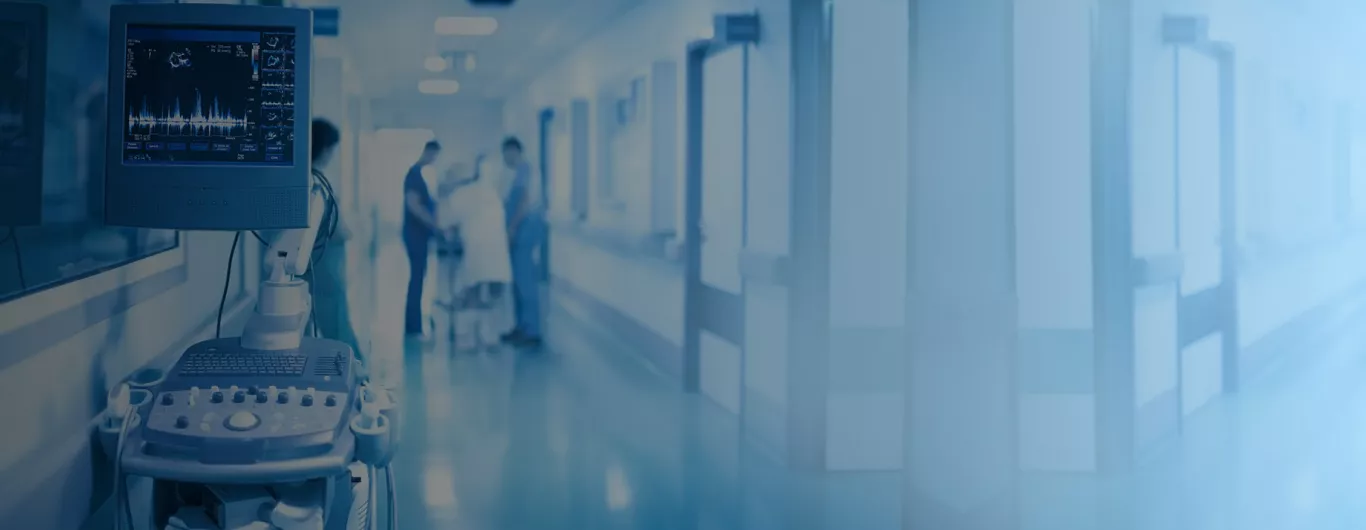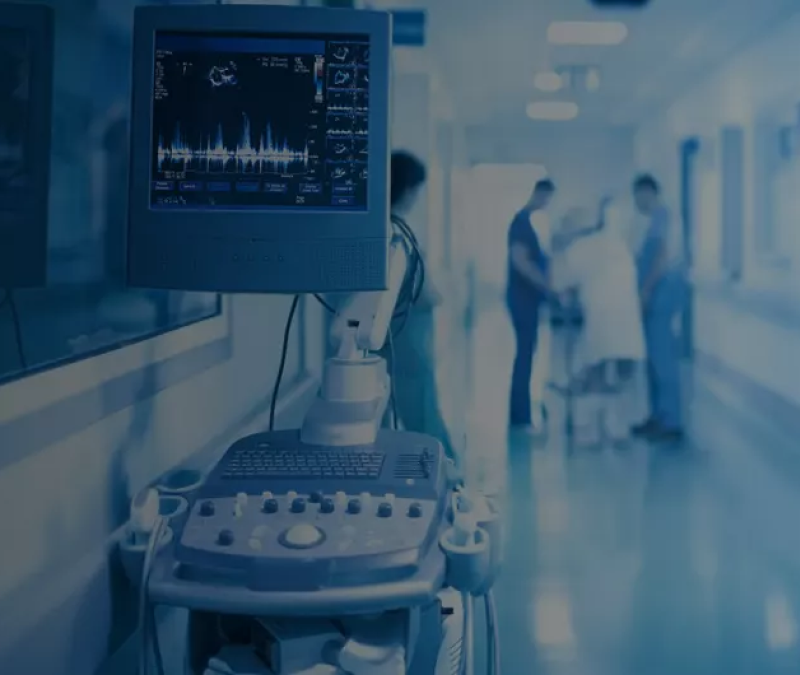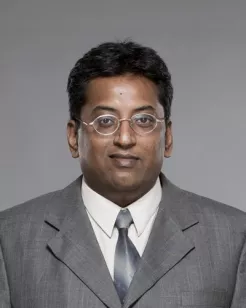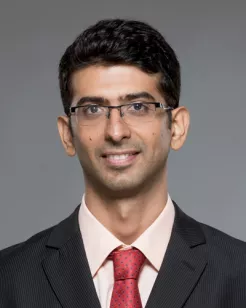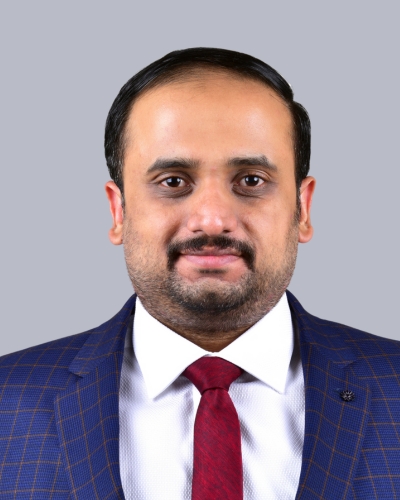The fundamental support system in critical care, Intensive Care Units (ICU), at Aster CMI Hospital provides efficient, dedicated, high-quality evidence-based care to critically ill patients through a collaborative multi-disciplinary approach. The ICUs are equipped with state-of-the-art facilities and manned by experienced doctors, ancillary staff, who are capable of handling patients with a wide range of serious medical complications. These include complex conditions ranging from sepsis to pneumonia, Acute Respiratory Distress Syndrome (ARDS) and multi organ failure. The critical care team follows international protocols and quality indicators for best results. The ICU outcomes are monitored with tools like APACHE scoring and SMR (Standardised Mortality Ratios). These help the department benchmark outcomes against internationally reputed ICUs. This is one of the few facilities in Bangalore with a full-fledged medical team for infection control. Utmost priority is also given to safety and prevention of infections, especially with the recent rise of antibiotic-resistant “superbugs”. Aster CMI offers specialised ICUs including Cardiovascular Thoracic ICUs, Surgical ICUs, Medical ICUs, Neuro ICUs, Transplant ICUs, Paediatric ICUs and Neonatal ICUs.
Our Doctors
We have some of the best specialists from around the world, they bring years of experience and offer evidence-based treatment to ensure the best care for you.
Treatments & Procedures
We provide comprehensive treatment for all types diseases under one roof. Our highly experienced doctors supported by especially trained clinical staff, ensure the best care for you.
FAQs
Want to find out more about the treatment? The answer to your questions can be found below.
What is the role of a critical care physician in a patient's treatment journey?
Critical care physicians in Ongole examine patients’ critical illnesses and diseases through a comprehensive monitoring process. This process includes a physical examination, diagnostic and imaging tests, analysis of previous reports, identification of potential side effects and associated risks, and, after considering all steps, treatment of patients with the best treatment plan.
